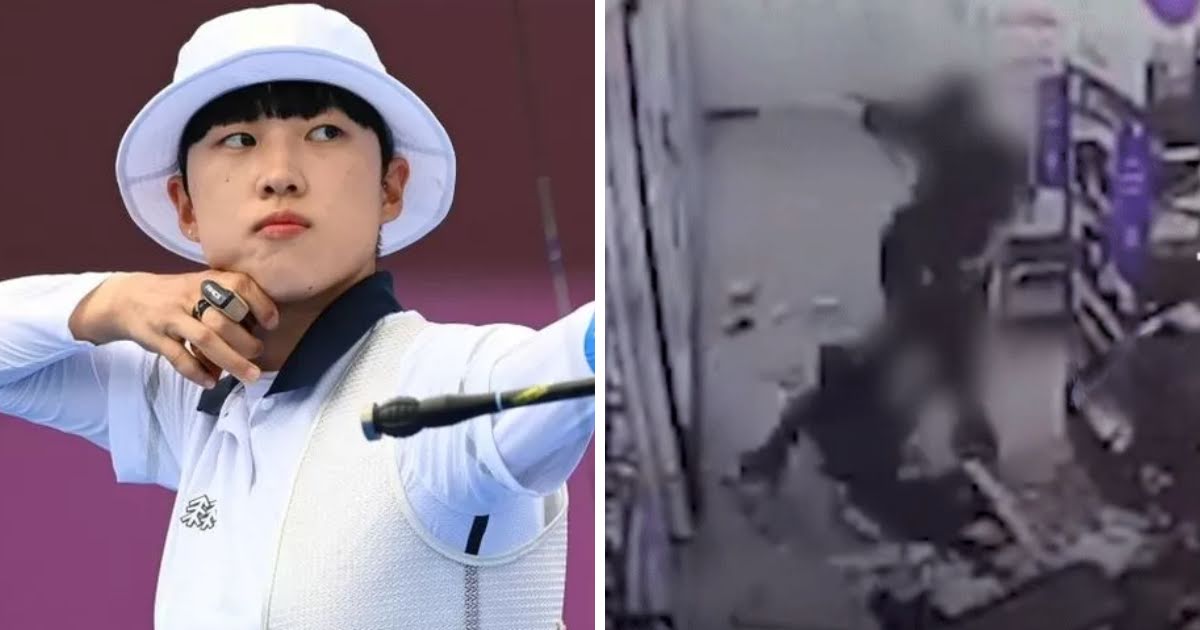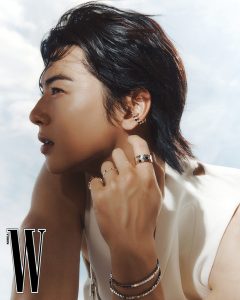The recent brutal assault on a female convenience store employee in South Korea has sparked fierce debate among Korean netizens but also a powerful online movement. The incident, which occurred in Jinju, South Gyeongsang Province, involved a young woman being attacked by a man for having short hair, which he associated with her being a feminist.
Your browser does not support video.
The attack not only resulted in physical harm to the victim but also ignited a heated online campaign, the “Short Hair Campaign,” with women all over the country sharing photos of their short haircuts as a form of solidarity and protest.
| The Korea Times
This is not the first instance of short-haired women in South Korea facing unwarranted criticism. In 2021, Olympic archer An San was subjected to online slander, questioning her hairstyle and education at a women’s university, presuming it signified her feminist stance. According to netizens, these instances reflect a broader issue within South Korean society, where feminism has a unique context and is often misconstrued as misandry, leading to a toxic public discourse that pits genders against each other.
An San | BBC
The backlash against feminist ideologies has been intensified by certain reactionary male groups. These groups claim that men are disadvantaged by feminist-focused policies and argue that societal expectations, such as mandatory military service for men, contribute to their alleged marginalization. They view women’s progress as a zero-sum game, wherein women’s gains are men’s losses.
South Korea has seen an increasing number of female-led campaigns in recent years. | BBC
However, the reality, as depicted by statistics, paints a starkly different picture of gender inequality in South Korea. The nation has a significant gender wage gap, with women earning 31.1 percent less than men, a gap that is substantially wider than the OECD average of 11.9 percent. Moreover, South Korea’s ranking in the Global Gender Gap Report is alarmingly low, placing 99th out of 146 countries, indicating a pronounced disparity between genders in various sectors of society.
The “Short Hair Campaign” thus emerges not merely as a response to an isolated incident of violence but as a symbol of the larger struggle against the entrenched gender biases and inequalities in South Korea. It reflects the frustration and defiance of women who are often judged and stereotyped based on their appearance and personal choices.
A woman with short hair shares her photo on Instagram under the hashtag #women_shortcut_campaign. | Korea Times
This online movement has brought to light the urgent need for societal change and dialogue. It emphasizes the importance of understanding feminism not as a threat to men but as a pursuit of equality for all genders.




